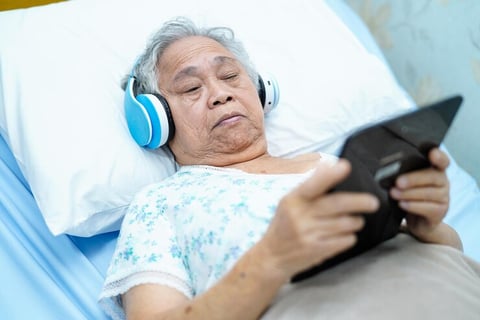Sleep Myths
Exploring misconceptions about sleep health through data-driven insights.




Artificial intelligence also has limitations when it comes to debunking sleep health myths. Although it can provide generally applicable scientific knowledge, it cannot replace a doctor's professional diagnosis. Because each person's physical condition, medical history, and living environment are different, the causes of sleep problems are complex and varied. For example, long-term insomnia may be caused by psychological stress, endocrine disorders, or other underlying diseases. In this case, artificial intelligence will remind users to consult a professional doctor in a timely manner based on their personal health conditions.
The accuracy of AI’s answers also depends on the quality and update speed of training data. If the data lags behind and fails to incorporate the latest research results in a timely manner, it may not be able to accurately respond to emerging myths. Therefore, constantly optimizing data sources and ensuring the timeliness of knowledge are also the key to improving its ability to debunk myths.




The key to AI's ability to play this role lies in its huge and authoritative knowledge reserve. It has built a comprehensive sleep health knowledge system through deep learning of massive medical literature and reports from professional institutions. For example, from the research of authoritative journals such as Nature Sleep, AI has mastered the relationship between sleep and human physiological rhythms and hormone secretion; based on the clinical guidelines of the American Academy of Sleep Medicine (AASM), it has clarified the sleep duration standards for different age groups. These knowledge reserves allow it to quickly retrieve accurate information to refute sleep health myths.
Taking the common myth "You must sleep 8 hours a day to be healthy" as an example, artificial intelligence will combine epidemiological survey data to point out that there are individual differences in sleep needs. The recommended sleep duration for most adults is 7-9 hours. Some short-sleeping people only need 5-6 hours a day to stay energetic, while some people need longer. At the same time, it can also explain from a neuroscience perspective that sleep quality is more important than duration, and deep sleep and rapid eye movement sleep stages are the key to physical recovery and memory consolidation, thus completely breaking this myth.




Artificial intelligence also plays an important role in sleep monitoring. The "smart pajamas" developed by a research team led by the University of Cambridge are embedded with sensors trained with "lightweight" artificial intelligence algorithms, which can identify 6 different sleep states with 98.6% accuracy while ignoring normal sleep movements such as turning over. This innovation allows people to effectively monitor sleep disorders such as sleep apnea at home without going to a professional sleep clinic, and also gets rid of the constraints of sticky patches and bulky equipment.
Artificial intelligence also has limitations when it comes to debunking sleep health myths. Although it can provide generally applicable scientific knowledge, it cannot replace a doctor's professional diagnosis. Because each person's physical condition, medical history, and living environment are different, the causes of sleep problems are complex and varied. For example, long-term insomnia may be caused by psychological stress, endocrine disorders, or other underlying diseases. In this case, artificial intelligence will remind users to consult a professional doctor in a timely manner based on their personal health conditions.